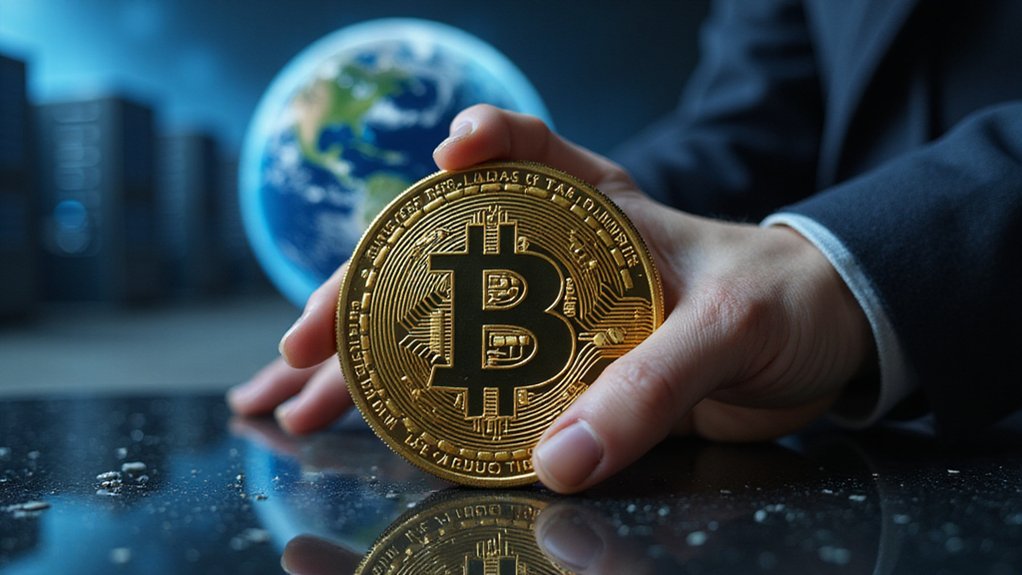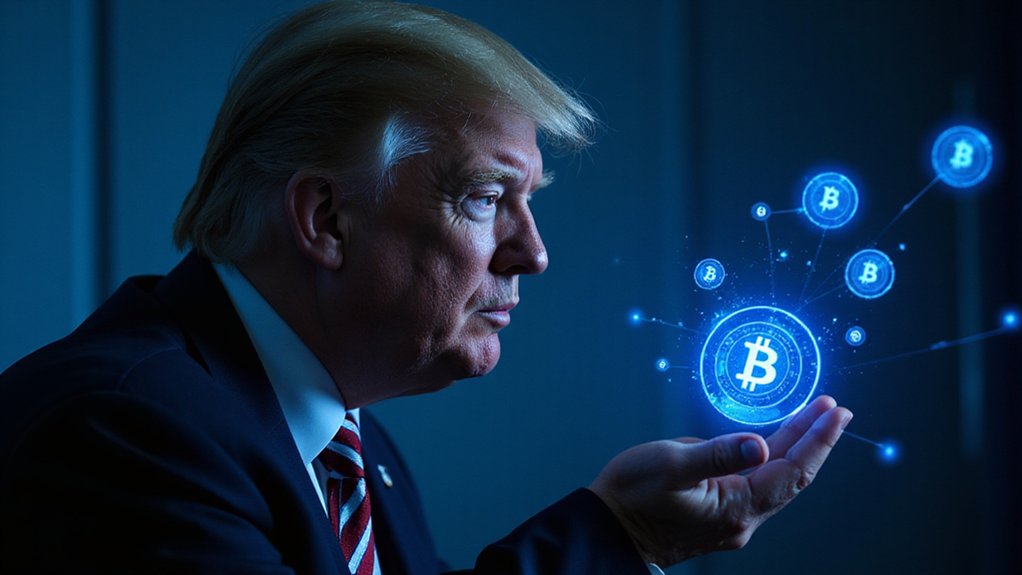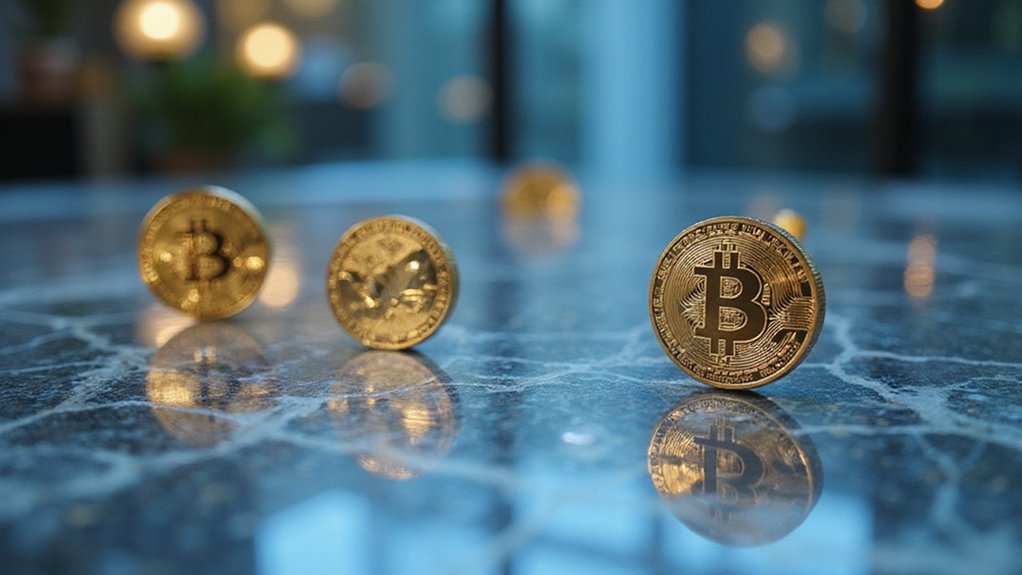Dubai surges ahead in the global cryptocurrency race, positioning itself as a nexus where regulatory clarity meets innovation—with Ripple finding fertile ground in this desert oasis of financial technology.
Under the vigilant eye of the Virtual Assets Regulatory Authority (VARA), the emirate has crafted a regulatory framework that performs a delicate balancing act: nurturing the capricious nature of cryptocurrency innovation while establishing guardrails for investor protection—a feat that many jurisdictions have attempted with considerably less success. The UAE offers an activity-specific rules approach for custody providers, exchanges, and lending platforms, ensuring appropriate oversight tailored to each crypto service type.
The tax environment, perhaps Dubai’s most compelling siren song, continues to lure global crypto enterprises.
Dubai’s tax paradise beckons crypto pioneers with a fiscal melody few global jurisdictions can orchestrate
With zero personal income tax (a concept that causes palpitations in Western finance ministries) and a modest 9% corporate rate, Dubai offers financial mathematics that even the most creative tax attorneys elsewhere would struggle to replicate.
For Ripple and its contemporaries, this creates a compelling value proposition in a world where regulatory and tax burdens often constitute substantial operational headwinds.
At the recent Fintech Summit, Ripple executives lauded Dubai’s blockchain integration strategy—a thorough approach that permeates both public services and private enterprise.
The emirate’s government has transformed from mere regulatory overseer to active participant in the blockchain revolution, deploying distributed ledger technology across administrative functions with an enthusiasm rarely observed in bureaucratic institutions.
Trading infrastructure continues to mature under VARA’s licensing regime, with platforms offering diverse crypto assets while maintaining regulatory compliance—an achievement that engenders investor confidence in a market historically plagued by volatility and uncertainty.
The summit showcased Dubai’s evolution into a cryptocurrency capital where innovation flourishes within established parameters.
As Dubai’s fintech ecosystem expands, networking opportunities abound for entities like Ripple to forge strategic partnerships.
These collaborations, discussed extensively during summit sessions, represent the connective tissue of Dubai’s crypto community.
The emirate’s trajectory suggests a future where blockchain technology transcends its current applications, potentially revolutionizing everything from real estate transactions to supply chain management—with Ripple positioned to capitalize on this transformation through its cross-border payment solutions that process transactions 1,500 times faster than traditional systems.
The UAE’s Cabinet Decision No. 100 of 2024 further enhances Dubai’s attractiveness by exempting most virtual asset transactions from the 5% VAT effective November 15, 2024, providing additional financial incentives for cryptocurrency businesses.









